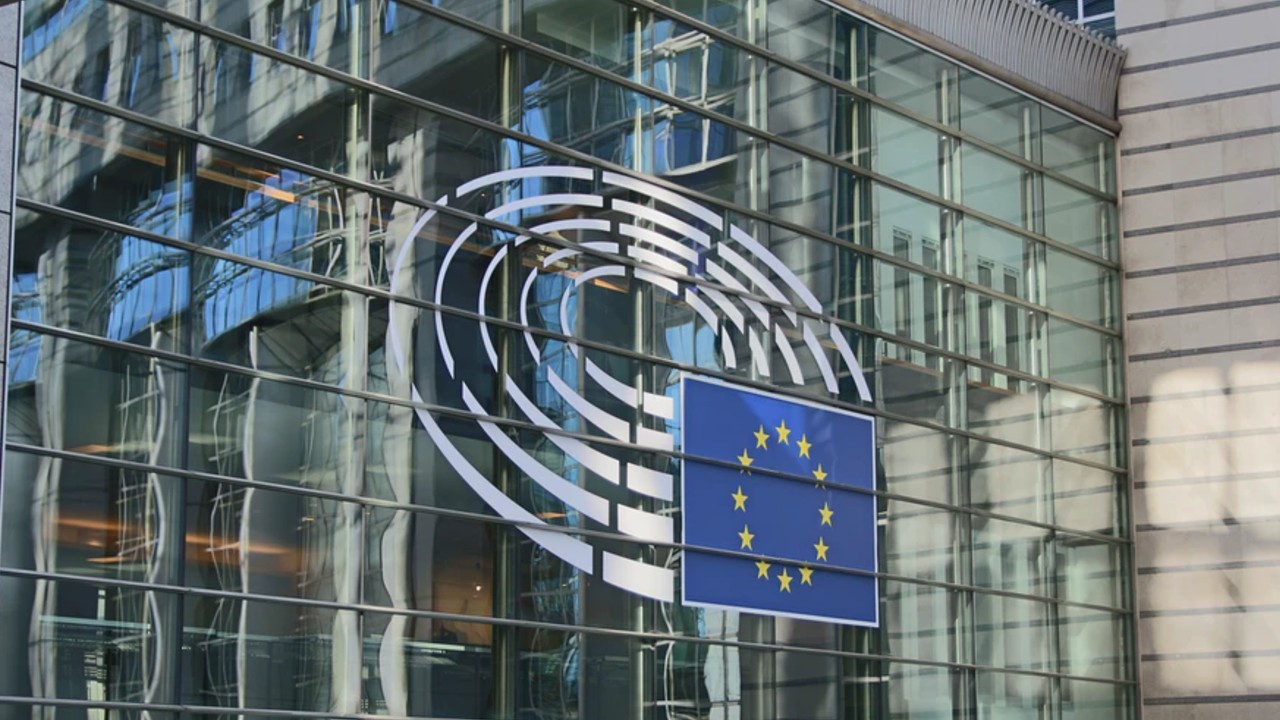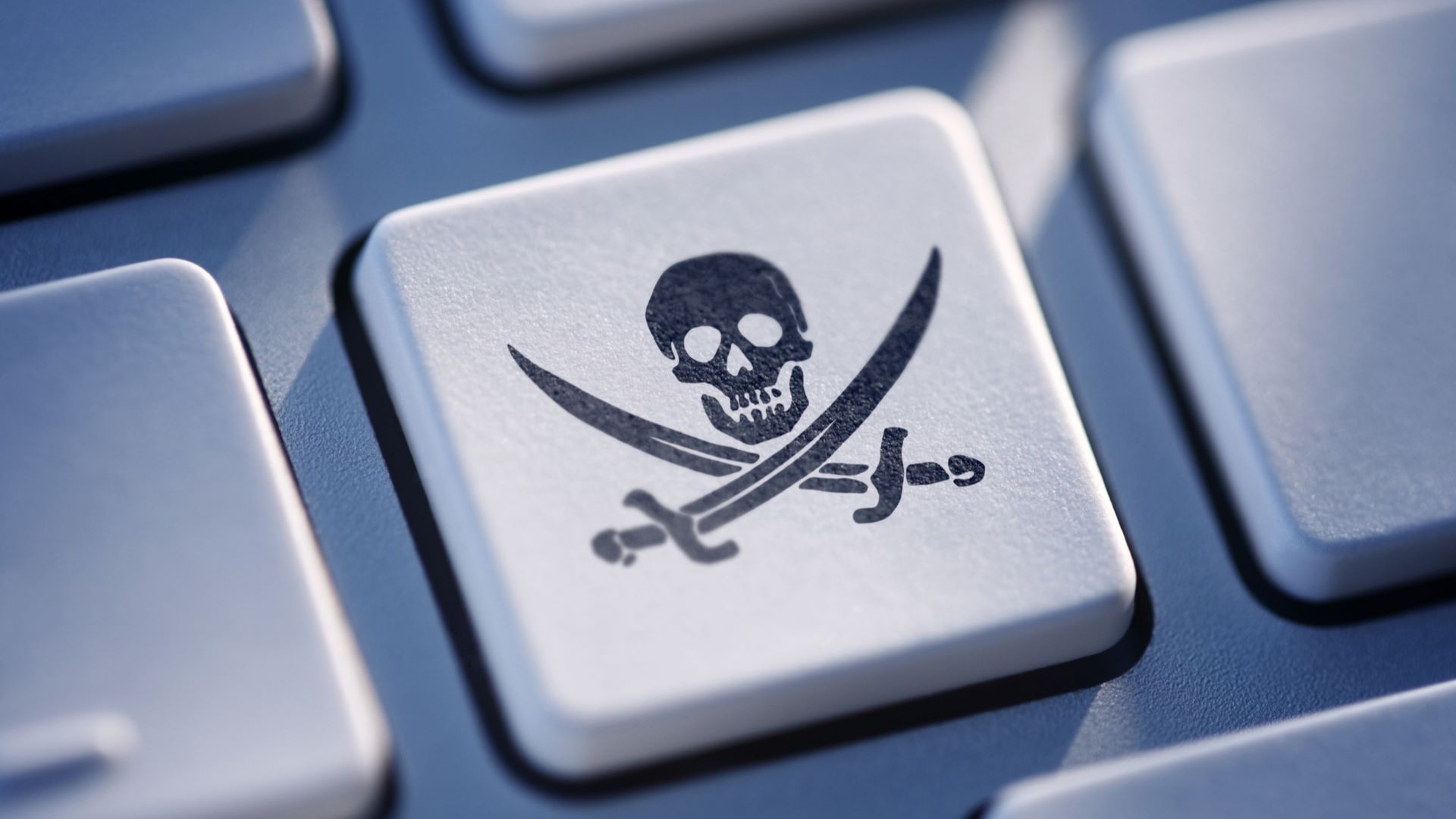Italy's Piracy Shield may be breaching EU law according to lawmakers
The EU Commission sent a letter to Italy's Minister of Foreign Affairs to raise concerns

Sign up for breaking news, reviews, opinion, top tech deals, and more.
You are now subscribed
Your newsletter sign-up was successful
- Italy's Piracy Shield has prompted European lawmakers' scrutiny
- The EU Commission sent a letter to Italy's Minister of Foreign Affairs to warn that it may not be compliant with the EU Digital Services Act
- Italy's anti-piracy system has so far led to significant overblocking incidents that sparked strong criticism
Italy's infamous anti-piracy system, Piracy Shield, may be breaching European law.
On June 13, 2025, the EU Commission sent a letter to Italy's Minister of Foreign Affairs, Antonio Tajani, warning that the Piracy Shield may not be compliant with Digital Services Act (DSA) rules. The system, lawmakers said, may even undermine citizens' fundamental rights to freedom of expression and information as ruled by the EU Charter of Fundamental Rights.
Italy's Piracy Shield allows authorities to not only require ISPs, but also VPN and DNS providers, to block suspected pirated content within 30 minutes. A feature praised by rightholders in the country, which also led to significant overblocking incidents and sparked strong criticism across the industry.
What's wrong with Italy's Piracy Shield?
Italy first enforced its Piracy Shield system in February 2024 to prevent citizens from accessing live sports events through pirate sites, especially football matches. To do so, rightsholders can demand that piracy-related domain names and IP addresses suspected of copyright infringement be blocked within 30 minutes.
The Italian anti-piracy system has certainly proven effective so far. Yet, tech companies have been raising concerns with EU authorities about multiple overblocking incidents that have even affected, among others, legitimate Google domains.
Specifically, the Computer & Communications Industry Association (CCIA) warned against a lack of transparency over the blocking and a lack of support for those sites wrongfully blocked.
These concerns have sparked an EU investigation into the technical details of Italy's anti-piracy system, which has highlighted a few notable issues.
Lawmakers pointed out how the DSA "does not provide a legal basis for the issuing of orders by national administrative or judicial authorities, nor does it regulate the enforcement of such orders," inviting Italian authorities to clarify how these procedures meet DSA requirements in the final text.

Crucially, the letter also emphasises that "the effective tackling of illegal content must also take into account the fundamental right to freedom of expression and information under the Charter of Fundamental Rights of the EU."
This point is likely linked to Italian communication regulator AGCOM's decision to require DNS and virtual private network (VPN) providers to actively block alleged illegal streams upon request.
Privacy experts and technologists have previously pointed out that targeting VPN providers could have "sweeping consequences" for people's internet security and privacy. A VPN provider (AirVPN) has, in fact, already stopped accepting new Italian subscribers.
"A model of what not to do"
While we need to wait to see whether the EU Commission's comments will change how Italy deals with illegal streaming in the future, that's certainly not an isolated case.
Other European countries have been increasingly using such infrastructure-level blocking against pirated or other harmful content, sparking concerns among the industry.
France, for example, has recently taken a strong stance against VPN providers. After a successful legal action against DNS services in 2024, on May 15, 2025, the Paris Judicial Court backed Canal+'s request and ordered five of TechRadar's best VPN services – NordVPN, ExpressVPN, Surfshark, Proton VPN, and CyberGhost – to block access to 203 domains linked to illegal sports streaming sites.
Spanish sports streaming giants, LaLiga and Telefónica, have also been increasingly issuing IP blocking orders since February 2025. Again, this tactic has led to many overblocking incidents, with Google Fonts, institutional sites, and payment platforms among the legitimate domains mistakenly blocked so far. This is why US-based DNS giant Cloudflare is fighting in court to fix these issues ahead of the next LaLiga season.
Nonetheless, according to the Executive Director of the i2Coalition, Christian Dawson, Italy remains the worst example out there.
Dawson told TechRadar: "The number of problems that we are seeing with Italy's Piracy Shield is remarkable, and we want the rest of Europe to see that as a cautionary tale. We do worry, though, that a lot of other member states are looking to Italy's Piracy Shield as a model, and we think it's a model of exactly what not to do."
You might also like

Chiara is a multimedia journalist committed to covering stories to help promote the rights and denounce the abuses of the digital side of life – wherever cybersecurity, markets, and politics tangle up. She believes an open, uncensored, and private internet is a basic human need and wants to use her knowledge of VPNs to help readers take back control. She writes news, interviews, and analysis on data privacy, online censorship, digital rights, tech policies, and security software, with a special focus on VPNs, for TechRadar and TechRadar Pro. Got a story, tip-off, or something tech-interesting to say? Reach out to chiara.castro@futurenet.com
You must confirm your public display name before commenting
Please logout and then login again, you will then be prompted to enter your display name.